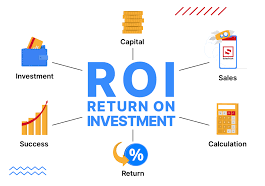If you want to trade carbon credits for carbon reduction, there are some things that you should know. This article will talk about the value of carbon credits, double counting, and the integrity of the market. After reading this article, you will be able to trade carbon credits confidently. The following are tips that will help you get started:
Trading in voluntary carbon markets
Voluntary carbon markets allow businesses, governments, and private investors to buy and sell carbon offsets. Private firms are the largest category of buyers, and they purchase the offsets for resale and investment purposes. The revenues generated from these transactions help finance carbon reduction projects. Further, these markets provide a mechanism for regulating the use of carbon credits in corporate claims.
The voluntary carbon market is experiencing rapid growth and increased stakeholder interest. However, it is still facing typical challenges, such as insufficient governance and lack of basic regulations. The future success of the market will depend on the quality of governance, market integration, and credibility of participants. If you’re planning to participate in the voluntary carbon market, EY can help you navigate the challenges ahead.
Value of carbon credits
Carbon credits represent ownership of the equivalent of one metric ton of carbon dioxide. These credits can be sold, traded, or retired. These credits are often owned by organizations that are regulated by cap-and-trade systems. When an organization reduces its carbon emissions, it can sell or hold its remaining credits. In this process, a buyer purchases the seller’s allowance of emissions.
The price of carbon credits is based on the cost of carbon. It is expected to rise over time. But the relationship between the price of carbon and the price of fossil fuels is too tenuous to generate stable price signals. This limits the value of carbon credits as an asset class for producers and investors. But, if carbon pricing becomes mandatory, the carbon market could potentially shift toward low-carbon renewable energy sources and save the world money.




